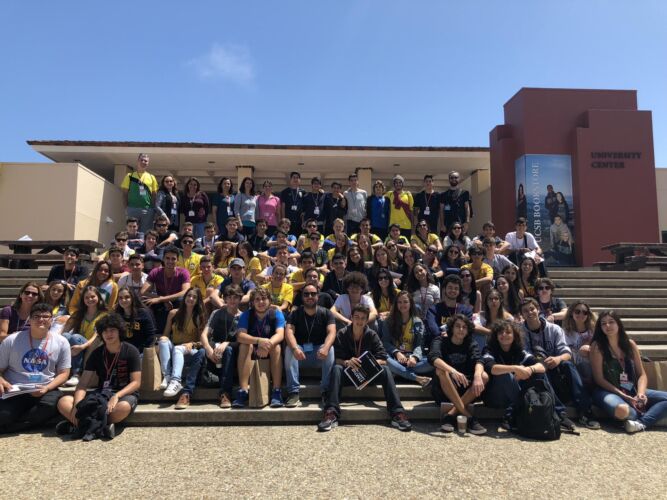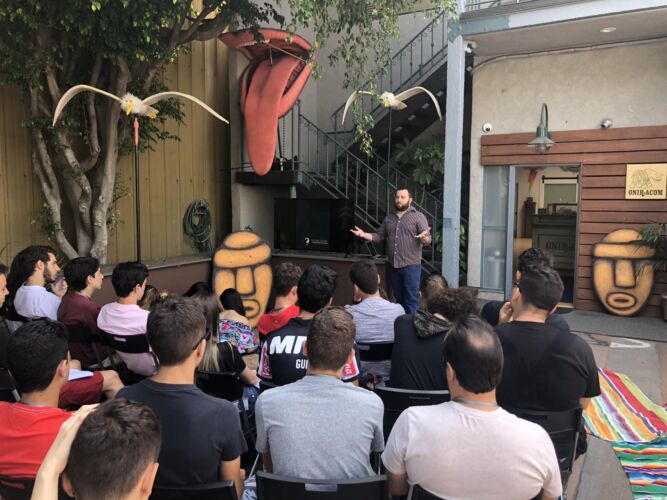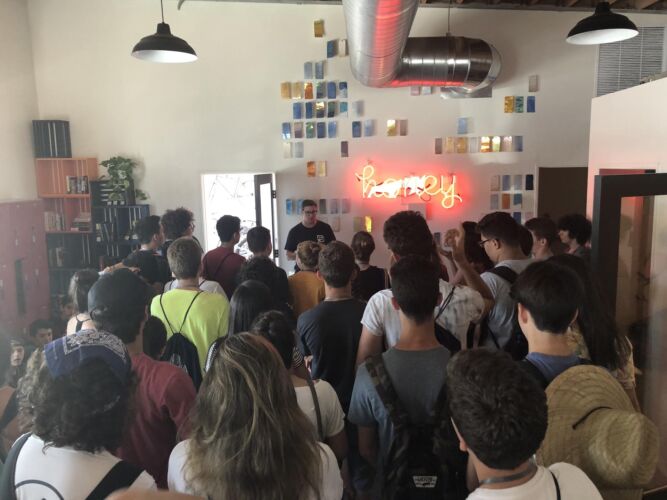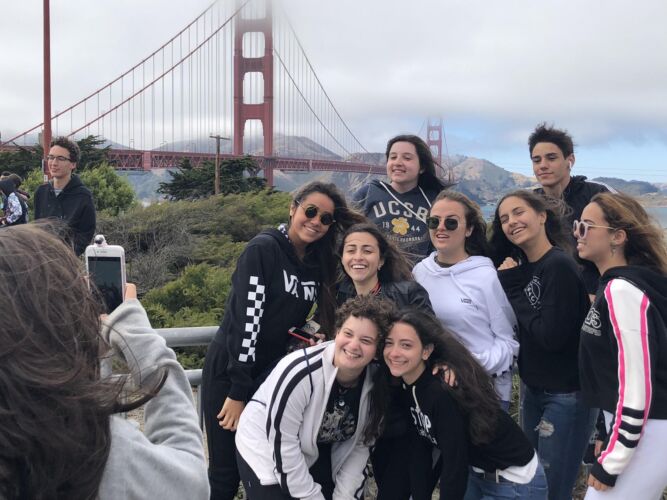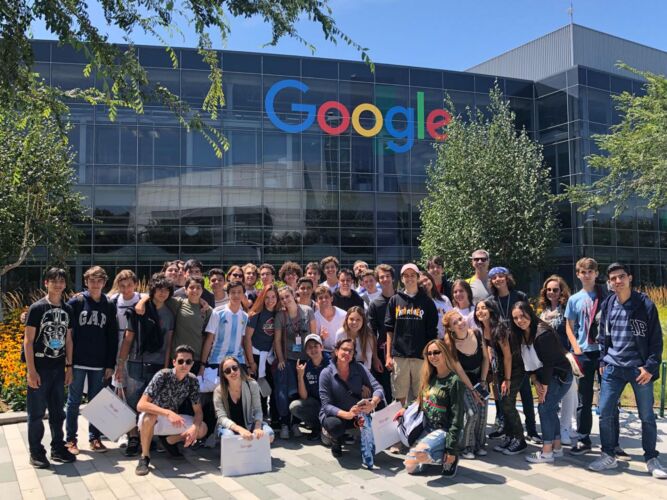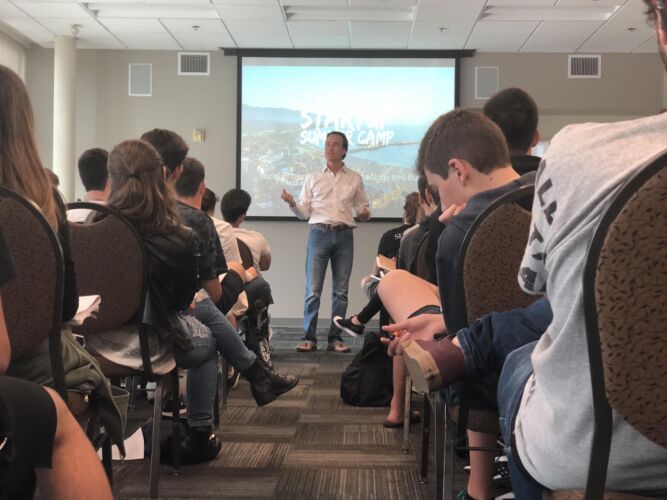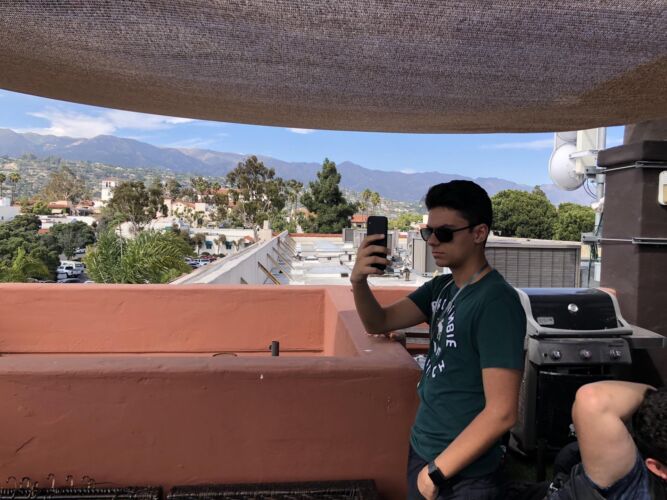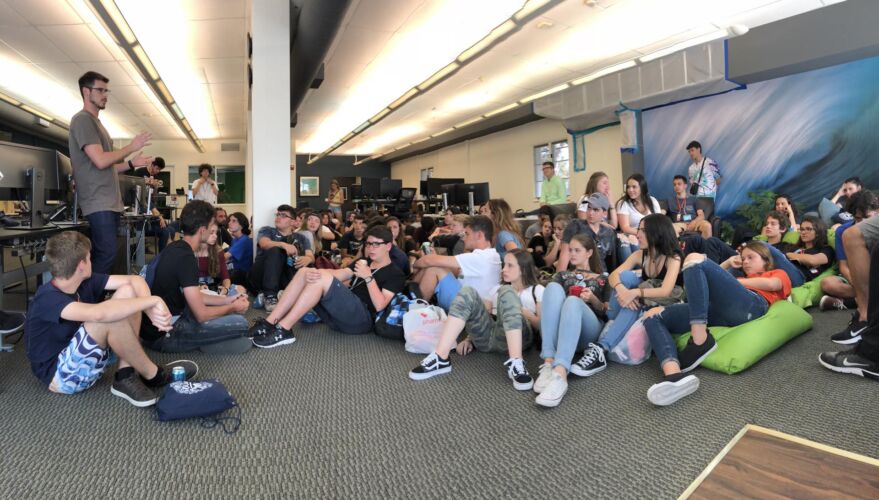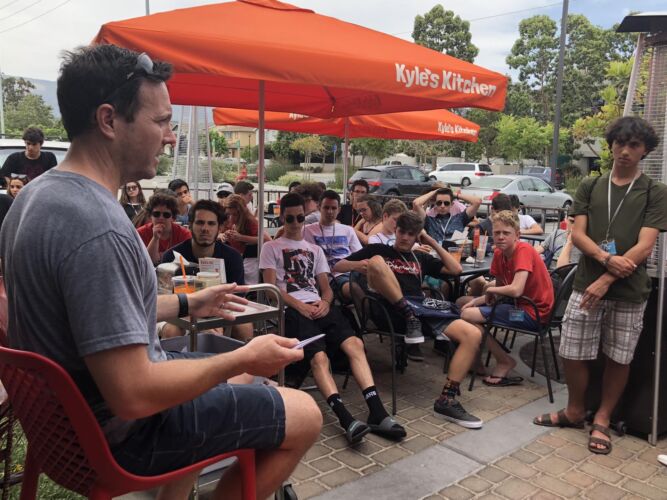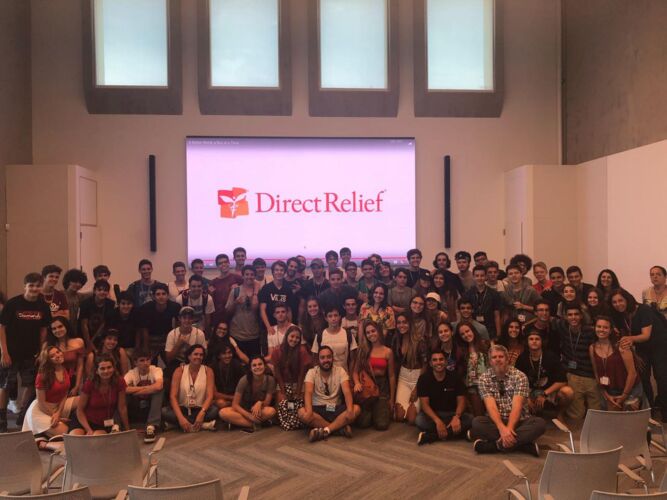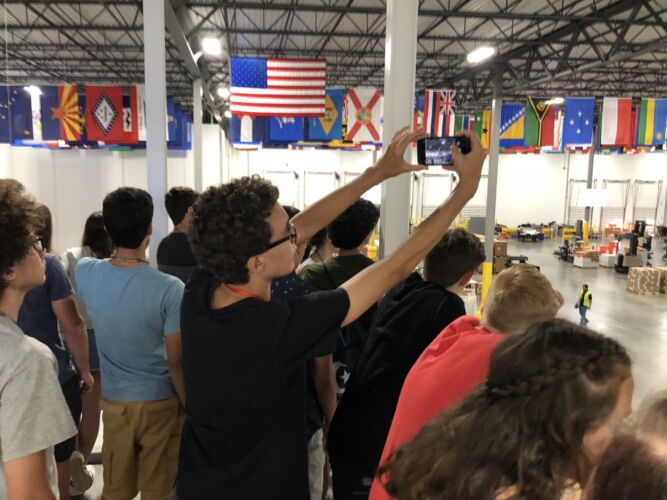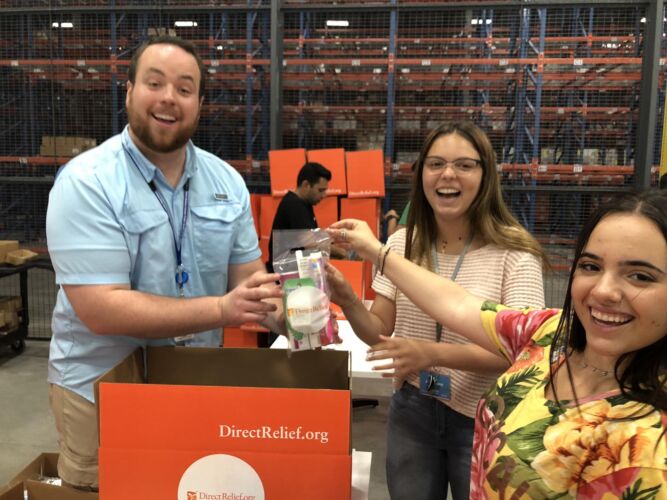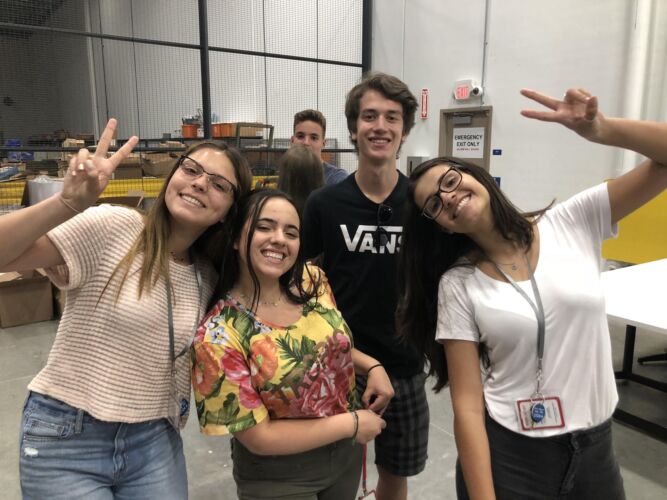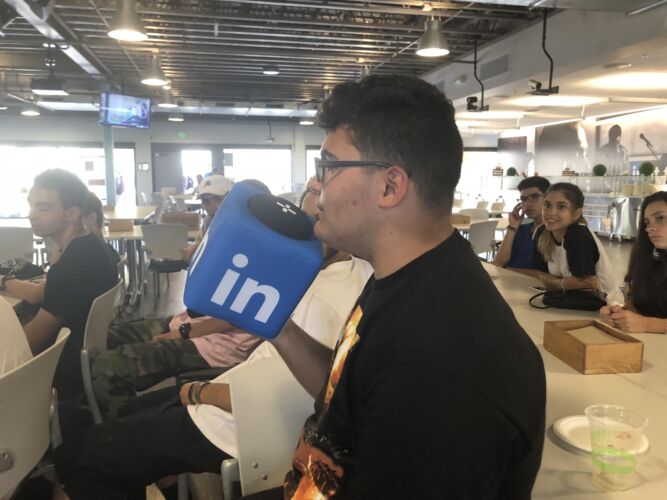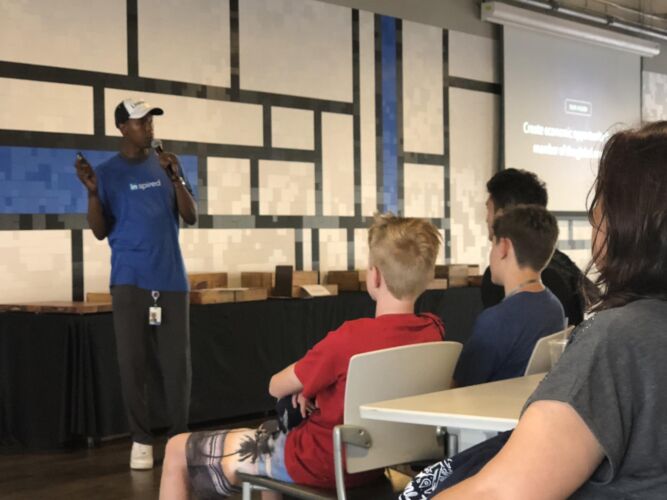EXPERIENTIAL LEARNING & LEADERSHIP
Startup Summer Camp provides youth and adults an opportunity to learn through experiential programs centered on entrepreneurship, innovation and creativity.
These 3 areas shape the Startup Summer Camp program and curriculum.
- innovation
- Entrepreneurship
- Creativity
Immersive Curriculum
Introduction to Entrepreneurship and Innovation
Introduction to entrepreneurial practices with an emphasis on learning how to solve problems, find business ideas, evaluate the potential of the ideas, and how to recognize the barriers to success. Exposure to the startup business structure, the uncertainties that exist, and the behavior of entrepreneurs.
Universal & Inclusive Design
Students will learn the elements of universal and inclusive design. Universal and inclusive design aims to create products with everyone in mind and can be applied to products and environments (like physical spaces) that are inherently accessible to older people, people with disabilities, and people without disabilities.
Introduction to Business Models
A business model describes the rationale of how an organization creates, delivers, and captures value in economic, social, cultural or other contexts. The process of business model construction is part of business strategy and is a sustainable way of doing business. The business model helps businesses survive over time and create a successful, perhaps even profitable, entity in the long run.

Sustainable and Environmentally Focused Businesses
What is sustainability and what is a sustainable business?
This session walks students through sustainable business models by focusing on companies that implement sustainable practices on a regular basis.
Building A Brand
Creating a strong brand is one of the most important parts of business. In this course students will learn the elements of branding and how they apply to company culture, marketing and business success.
How Investment and Venture Capital Work
Venture capital (VC) firms invest in private companies in exchange for equity (or part ownership of the business), but there are several characteristics that distinguish VCs from other kinds of investors. In this section we’ll learn about many of the traditional investment opportunities for entrepreneurs, startup companies and small businesses.
Introduction to Impact Entrepreneurship
Students will learn how mission-driven businesses harness the power of the marketplace to solve social, environmental, or economic problems and/or create social value.


